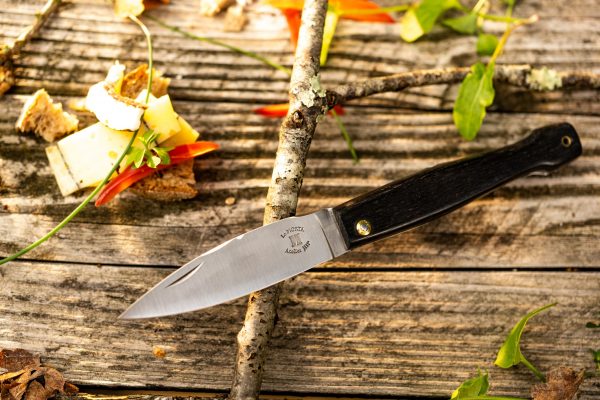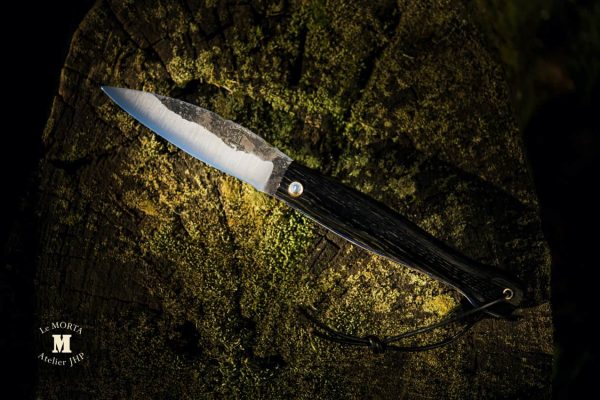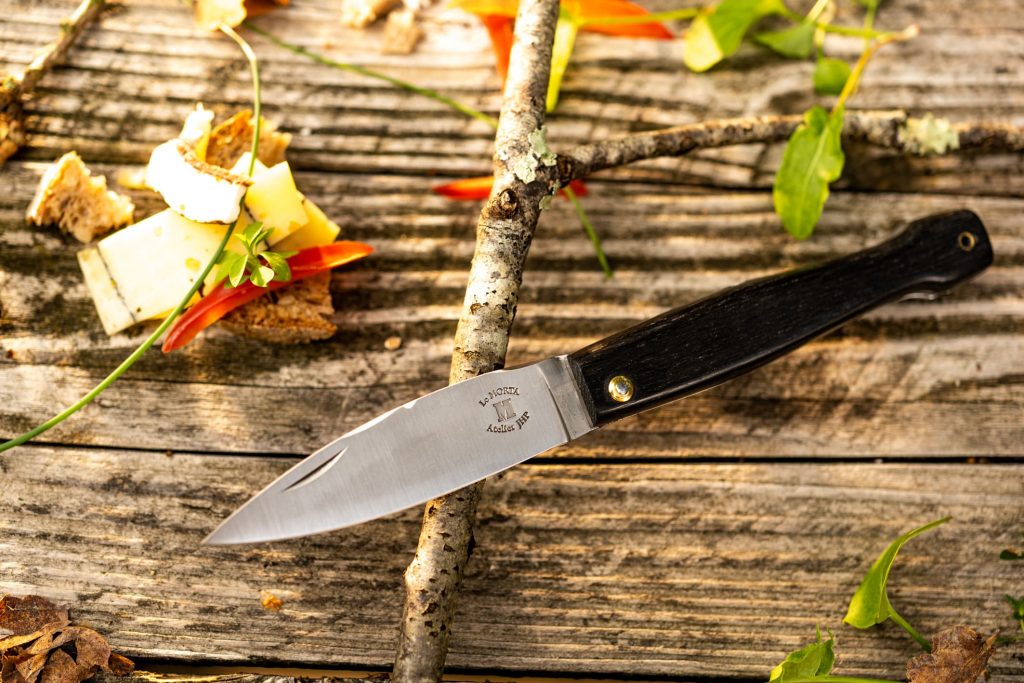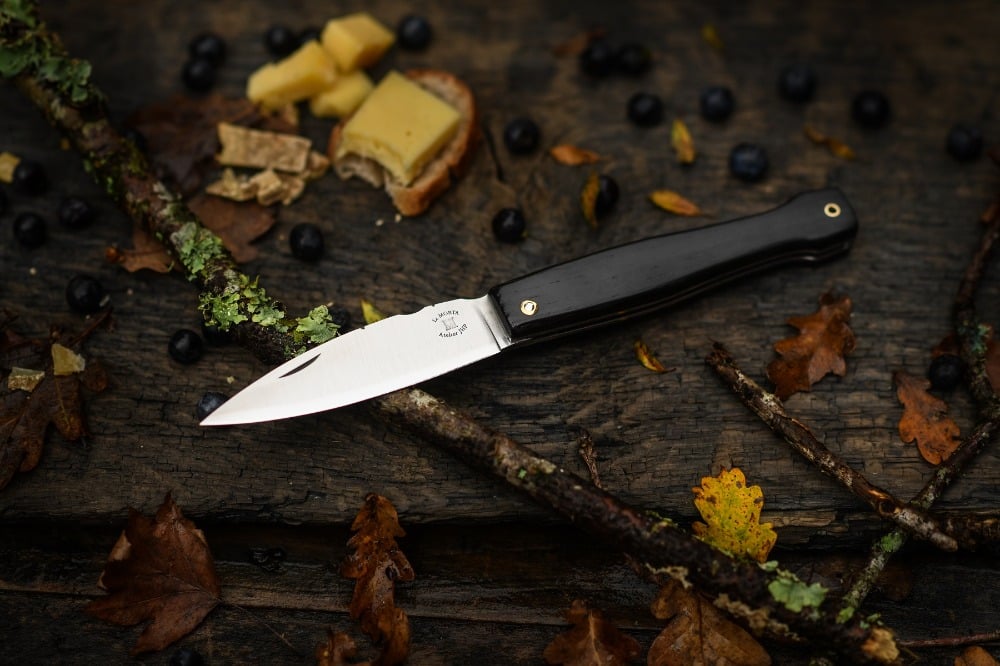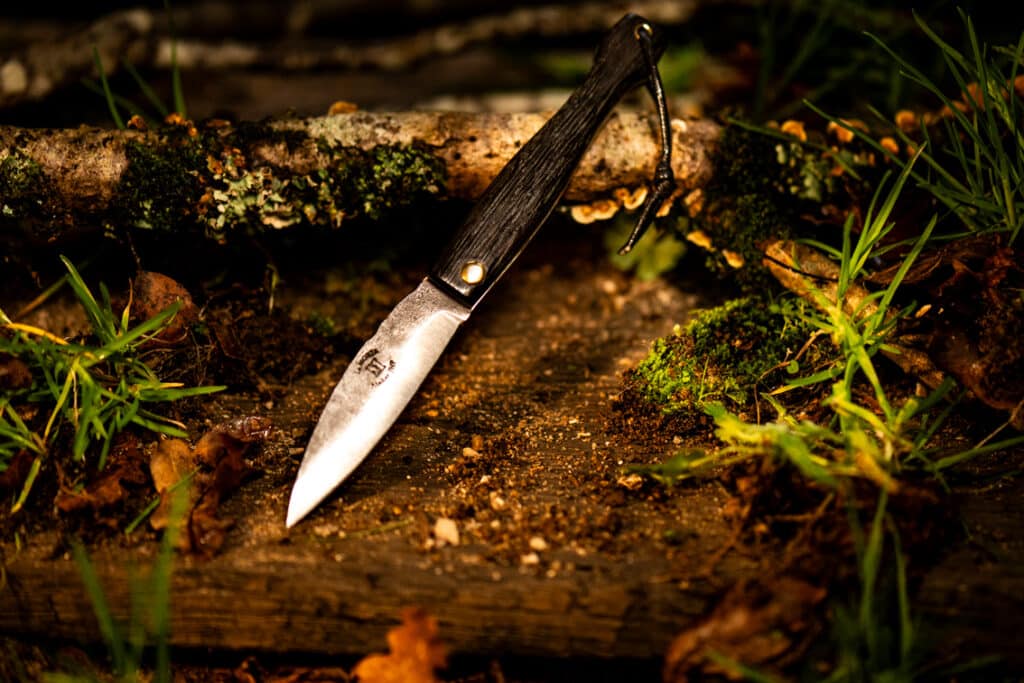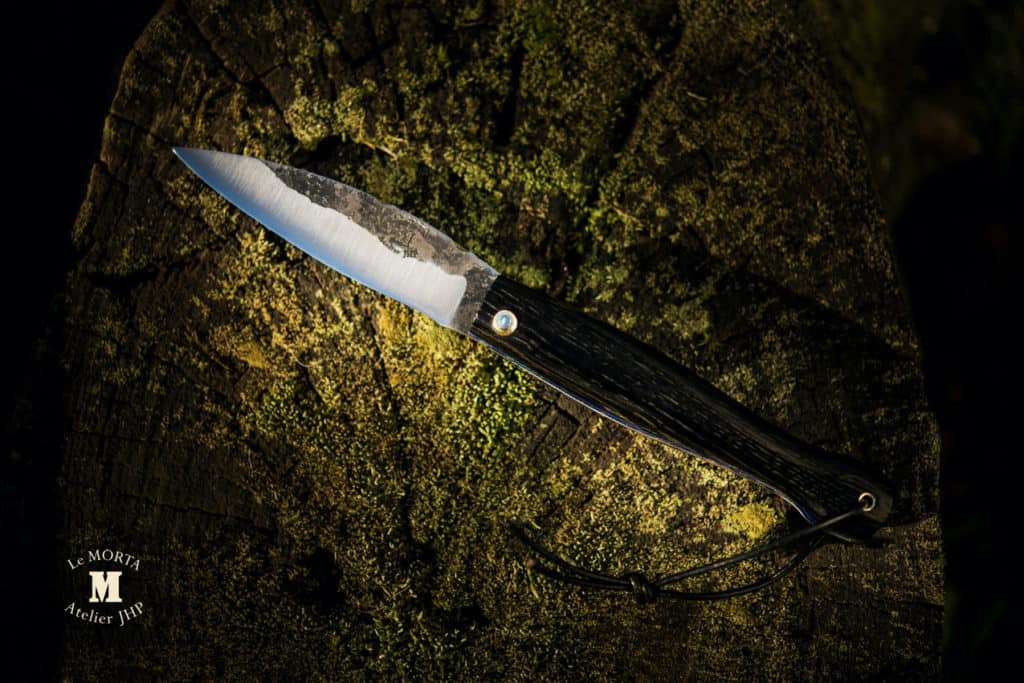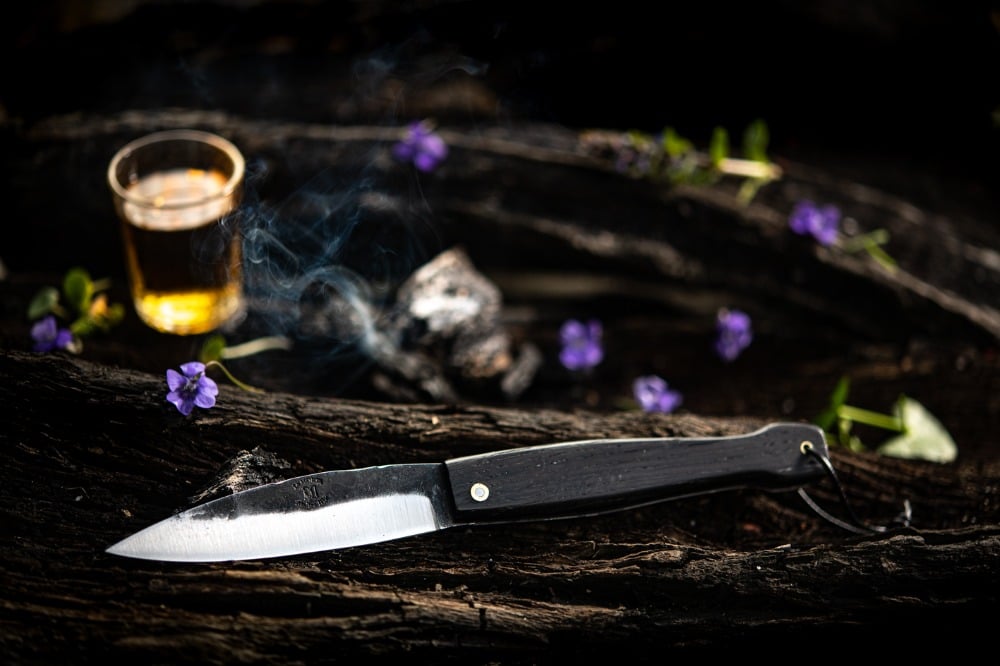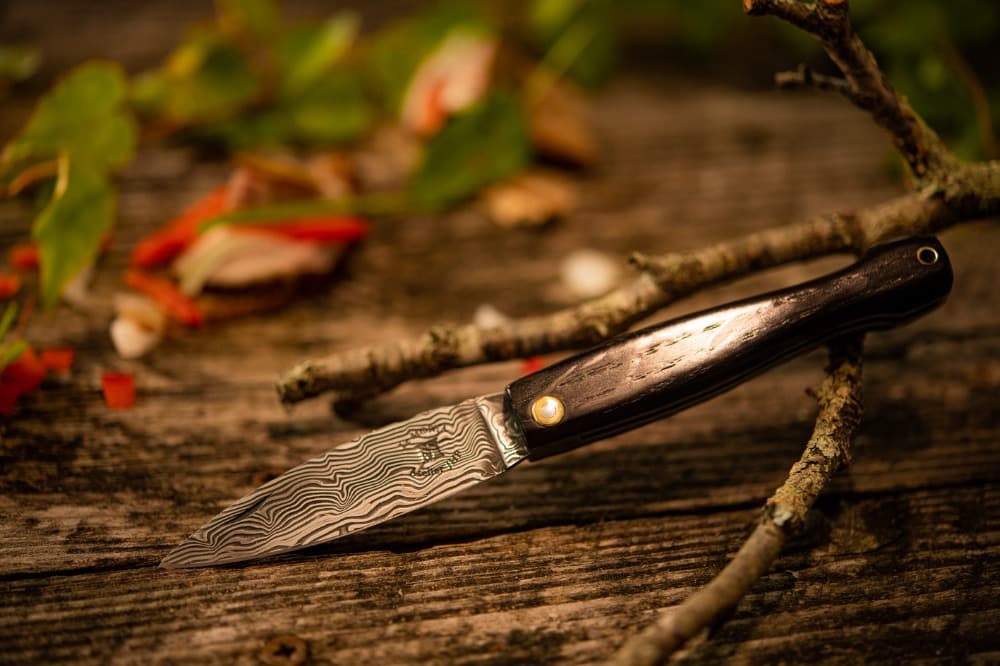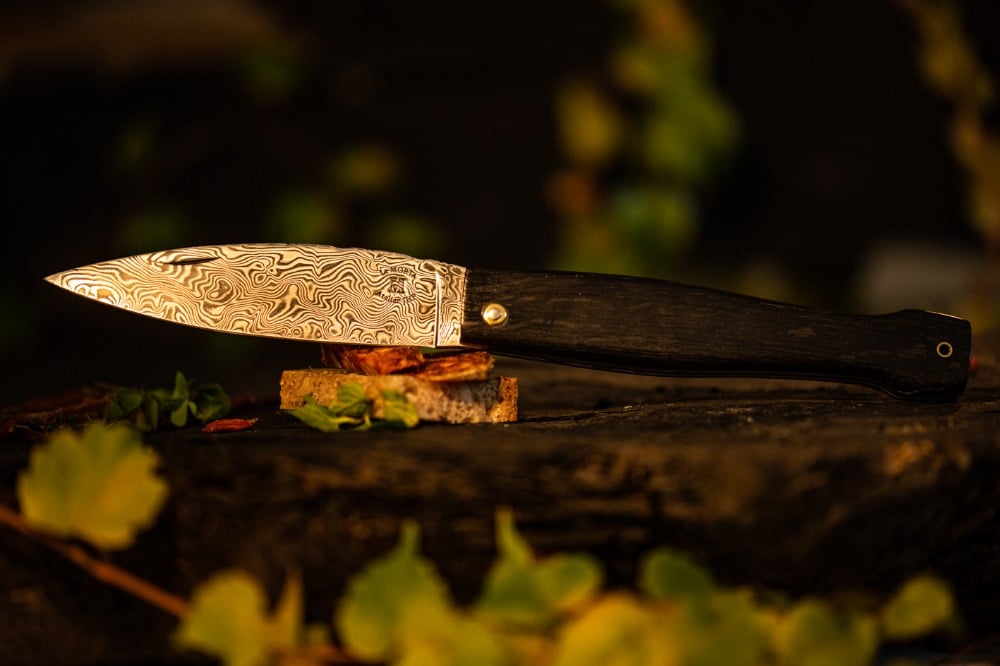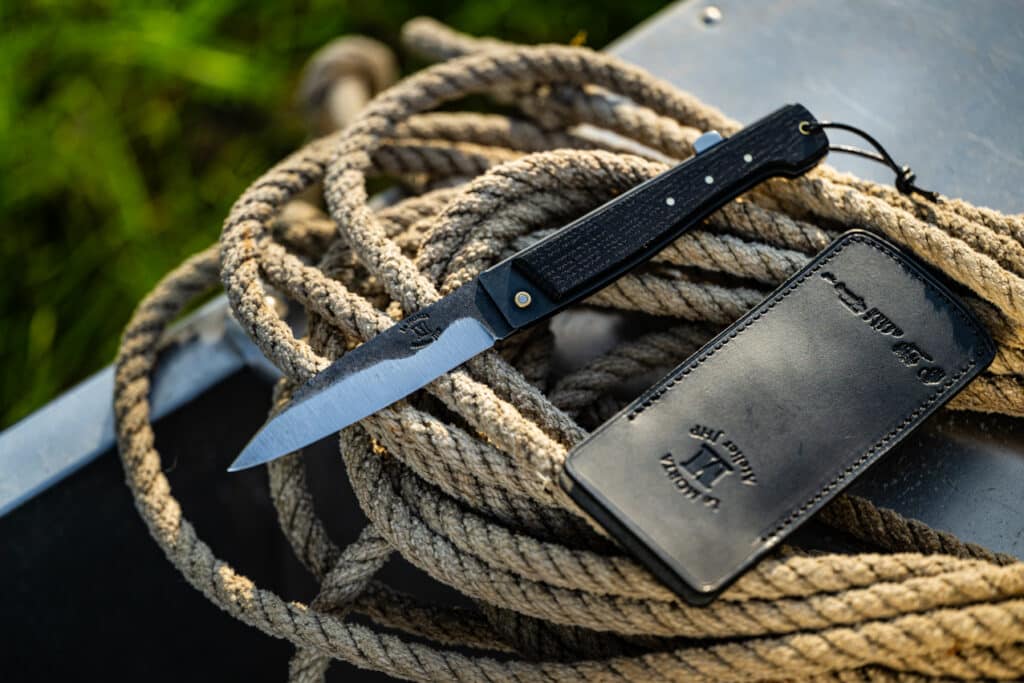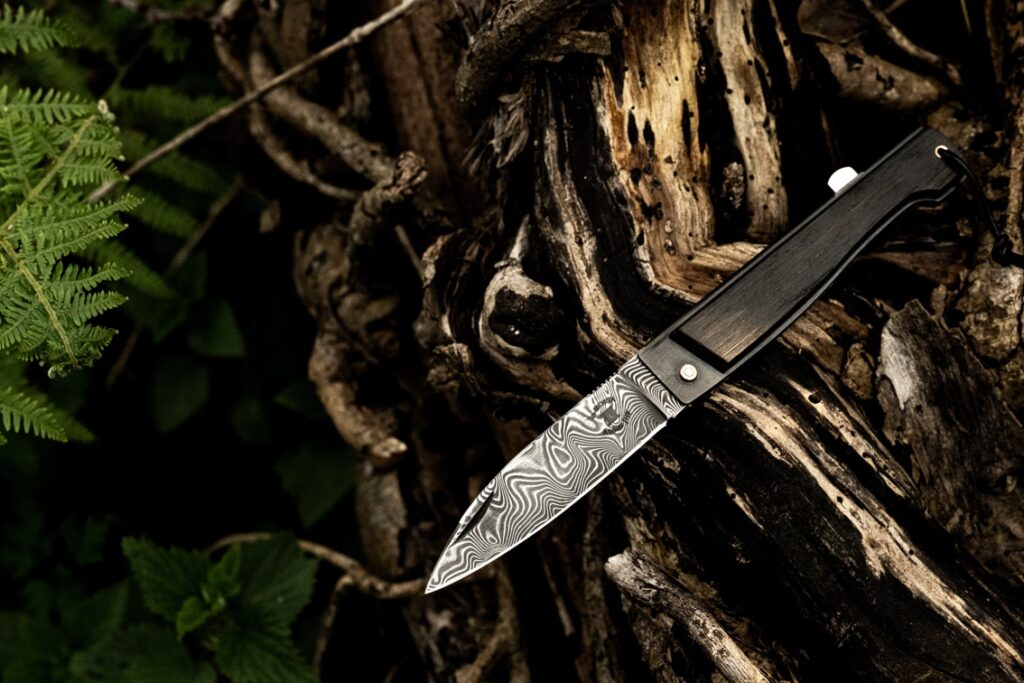Ohio, like many states, has its own set of guidelines that govern how residents and visitors can legally carry and use knives. Understanding Ohio’s knife laws is essential for anyone who uses or carries a knife, whether for work, recreation, or personal protection. This guide provides a comprehensive look into the nuances of Ohio knife laws, aiming to clarify what types of knives are permissible and how they can be legally carried.
The basics of Ohio knife laws
Under the Ohio Revised Code, a knife can be considered a deadly weapon, depending on its type of knife and the context of its use.
Traditionally, Ohio knife law has categorized knives that are designed or specially adapted for use as a weapon rather than a tool as deadly weapons. This includes ballistic knives and switchblades, which are more strictly regulated.
In Ohio, you can open carry any knife, but the moment you conceal carry a knife, it falls under scrutiny, particularly if it’s considered a deadly weapon.
The distinction between open and concealed carry is significant. Open carry of a knife is legal, reflecting Ohio’s stance on visible readiness as opposed to hidden intentions.
However, the carry of any type of concealed weapon, including a concealed knife without proper licensing can lead to serious legal troubles.
It’s important to note that while fixed blade knives and folding knives like a typical pocket knife might be carried openly, carrying a concealed weapon could be interpreted differently by law enforcement, depending on the situation.
-

Solid Morta
140,00 € This product has multiple variants. The options may be chosen on the product page -

Solid Morta as forged
245,00 € This product has multiple variants. The options may be chosen on the product page -

XL fixed knife as forged
240,00 € This product has multiple variants. The options may be chosen on the product page
Types of knives regulated in Ohio
In Ohio, the law differentiates between various types of knives, each with specific regulations.
Automatic knives, which include switchblades and butterfly knives, were once banned under state law but have seen restrictions loosen with the new law, particularly Senate Bill 140.
This bill 140, effective from April 2021, repealed a statewide ban on the manufacture and sale of automatically opening pocket or folding knives. Now, these knives are legal to own and use for utility purposes, though certain restrictions on carrying them concealed still apply.
Gravity knives and ballistic knives still face stringent rules due to their mechanism and ease of deployment, considered by the law as potentially more dangerous.
What knives can you carry openly or concealed?
Ohio law permits the open carry of knives, allowing individuals to carry most types of knives openly without fear of legal repercussions.
However, carrying a concealed weapon is where the specifics become crucial. Prior to the 2021 revision brought by Senate Bill 140, carrying concealed knives like switchblades, butterfly knives, and automatic knives was heavily regulated.
Post-2021, these restrictions have been eased, making it legal to carry concealed knives that were previously considered illegal.
It’s important to understand that while folding knives, pocket knives, and most fixed blade knives are generally allowed for concealed carry, any knife is classified as a “deadly weapon” if it is used or intended to cause harm. This classification can impact how a knife-related incident is legally treated, regardless of the knife type.
How has Senate Bill 140 changed Ohio knife laws?
Senate Bill 140 has been a pivotal change in Ohio’s knife laws. Enacted to repeal a statewide ban that affected the manufacture and sale of automatically opening or folding knives, this bill has aligned Ohio more closely with federal regulations regarding knives.
This change has made Ohio’s landscape for knife enthusiasts more liberal and in tune with the practicalities of carrying knives for utility and self-defense purposes.
What are the legal implications of non-compliance?
Ignoring Ohio’s revised knife laws can lead to serious consequences. Carrying a knife that is considered illegal, or using any knife in a threatening manner, transforms a simple tool into a deadly weapon under the law.
Ohio police and courts are strict on these issues, and penalties can range from fines to imprisonment, depending on the severity of the law violations.
Understanding and adhering to Ohio knife law is essential, not only to avoid legal troubles but to ensure personal safety and the safety of others.
Whether you’re a collector, someone who uses knives in daily work, or just an ordinary citizen who carries a knife for self-defense, knowing these laws helps everyone stay on the right side of legal boundaries.
How can I be sure that the knife I carry in Ohio is legal?
Firstly, Ohio law does not restrict the ownership of any particular type, including pocket knife, folding knife, fixed blade, switchblades, and even automatic knives, which were more broadly legalized under Senate Bill 140 in 2021.

And as you know, this bill significantly relaxed the restrictions on the carry of knives and concealed carry of knives, allowing individuals to carry knives more freely within the state.
However, while it’s legal to own these knives, how you carry them can enter a legal grey area.
Ohio Revised Code clearly states that carrying a concealed weapon is defined as carrying any device that is capable of inflicting death, and designed or specially adapted for such use.
The legal distinction revolves around whether a knife is considered a “deadly weapon.”
Generally, a knife becomes classified as such based on how it is used during an incident, rather than its mere presence on your person.
To carry a knife in Ohio without running afoul of the law, you should consider the following:
- Open carry of knives is permitted without much legal scrutiny.
- The concealed carry of a knife is legal as long as the knife is not used as a weapon against another person or to intimidate.
For those specifically looking to carry for self-defense, it’s advisable to seek legal advice from a law firm familiar with Ohio’s knife laws to ensure you are fully compliant with both local and state law.
Conclusion
Thanks to the adjustments made by Senate Bill 140, residents are freer than ever to own and carry different types of knives. However, it’s up to you, the wearer, to ensure that your knife is used responsibly and legally.
Never forget that while a knife can be a useful tool or means of protection, it can also become a legal liability if not used correctly.
For those who wish to delve deeper into the details or still have questions about particular scenarios, we recommend consulting the official Ohio Revised Code or contacting an expert in Ohio knife laws.



